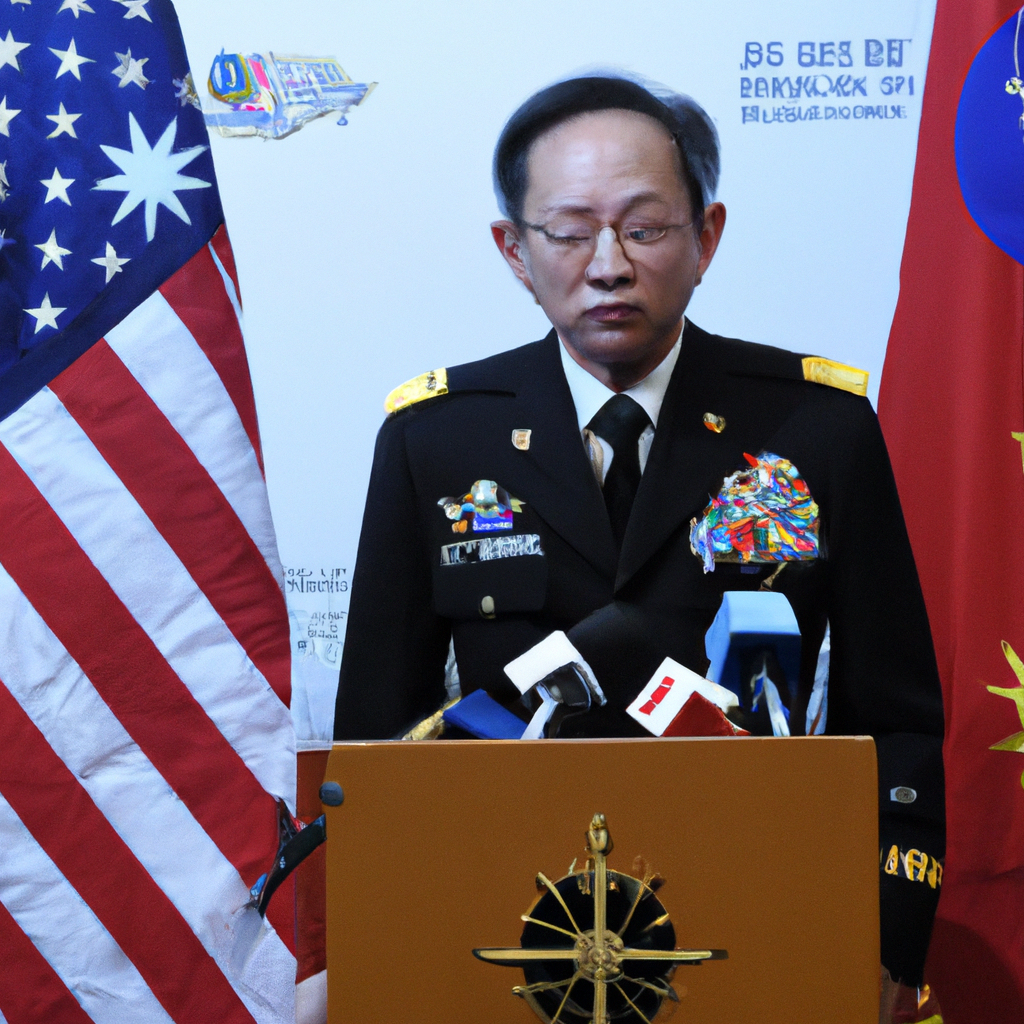On November 13, 2024, the Minister of National Defense of the Republic of China, Wei Feng-hsiung, stated that the United States and Taiwan have common basic interests and will never allow any conflict or war in the Taiwan Strait beyond the Russia-Ukraine conflict and the situation in Crimea. This is in line with the interests of both the United States and Taiwan. Therefore, both Taiwan and the United States share a common interest in ensuring the peace and stability of the Taiwan Strait.
The Foreign Affairs and National Defense Committee of the Legislative Yuan of the Republic of China reviewed the budget for the Ministry of National Defense of the central government for the fiscal year 114 (2025) regarding the disclosure of the department’s expenditures and its confidential parts. Wei Feng-hsiung held a media interview before the meeting. When asked about a report from the Financial Times of the UK regarding Taiwan’s plans for a major arms purchase from the United States, Wei Feng-hsiung stated that there is a close mechanism for military exchanges and cooperation between Taiwan and the United States, which has become an institutional arrangement. Relevant weapons and equipment that meet operational needs will be discussed within this institutionalized military exchange mechanism.
Wei Feng-hsiung emphasized that the Ministry of National Defense is currently focusing on four aspects, including the construction of asymmetric combat capabilities, strengthening operational resilience, enhancing reserve forces, and effectively responding to gray zone challenges. Discussions with the United States will continue to be based on these four aspects to propose relevant weapons and equipment as needed.
Regarding which weapons the national defense forces prioritize purchasing, Wei Feng-hsiung mentioned that considerations will be made based on operational needs and financial capacity. Weapons and equipment that align with these four main areas will be given priority in discussions with the United States. Wei Feng-hsiung also addressed questions about how the budget would be allocated for defense procurement, stating that there are various channels for acquiring weapons, whether through domestic production, foreign procurement, or commercial purchases, and all options will be discussed.
When asked about the appointment of Pete Hegseth as the Secretary of Defense by the incoming U.S. President Trump administration, Wei Feng-hsiung acknowledged seeing related information and highlighted the importance of maintaining the common basic interest between the United States and Taiwan. He stressed the shared commitment to ensuring peace and stability in the Taiwan Strait, which serves the interests of both countries.
In response to inquiries on increasing Taiwan’s defense budget from important allies, Wei Feng-hsiung pointed out that Taiwan faces threats in the gray areas even during peacetime. With the strategy of countering the possible scenarios of conflict with mainland China, effective communication with the United States is crucial to address these challenges.
Wei Feng-hsiung also discussed Taiwan’s approach to homeland defense operations during wartime, emphasizing the need to weaken the capabilities of the People’s Liberation Army and prevent successful landings by the Chinese forces. Effective deterrent measures will be an essential part of defense planning, and discussions with the United States will be crucial in determining the necessary weapon systems.
Regarding reports of Taiwan initiating a large-scale arms procurement from the United States as mentioned by the Financial Times, Wei Feng-hsiung stated that the Ministry of National Defense would refrain from commenting on individual weapons procurements before formal notification to the U.S. Congress, in keeping with the understanding between Taiwan and the United States.
In response to the nomination of Pete Hegseth as the Secretary of Defense by President Trump, Kuomintang Party Chairman Eric Chu expressed confidence in the appointees, believing that they bring relevant experience and reputation that could positively impact relations between Taiwan and the United States. Chu also noted the significance of addressing the economic and internal issues currently faced by the United States as the top priorities for the new administration.

